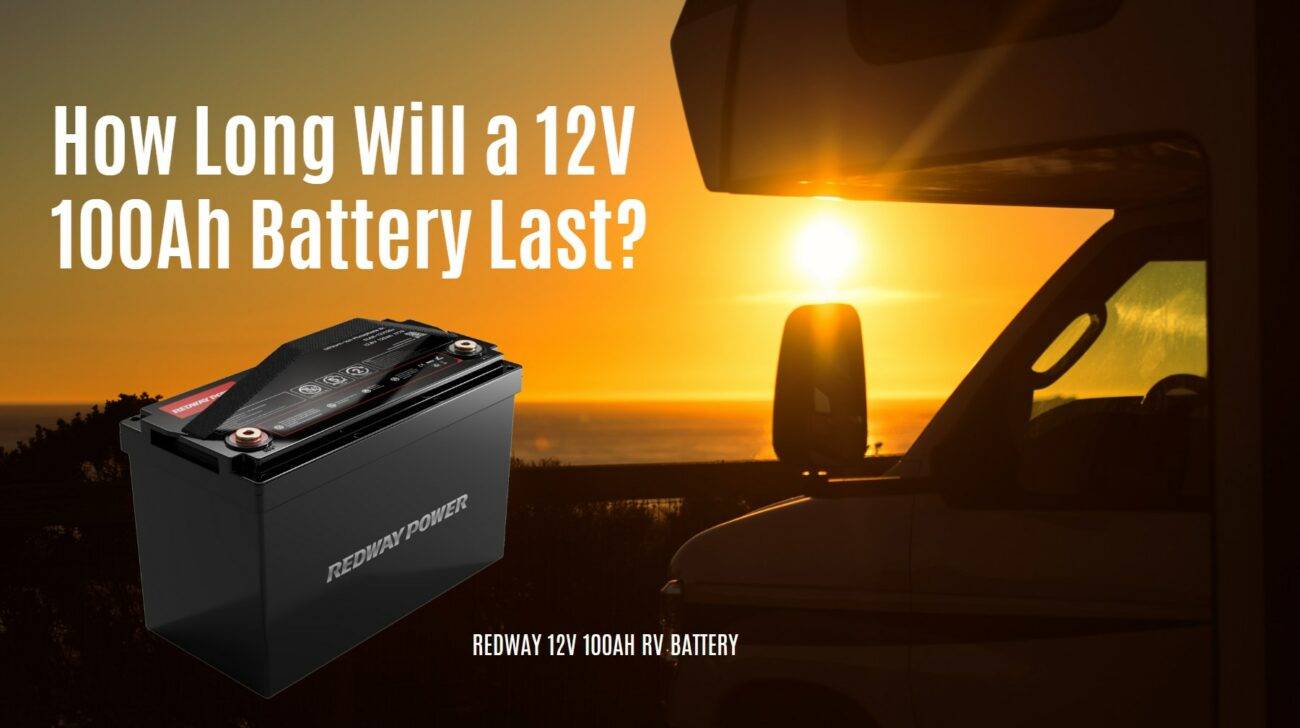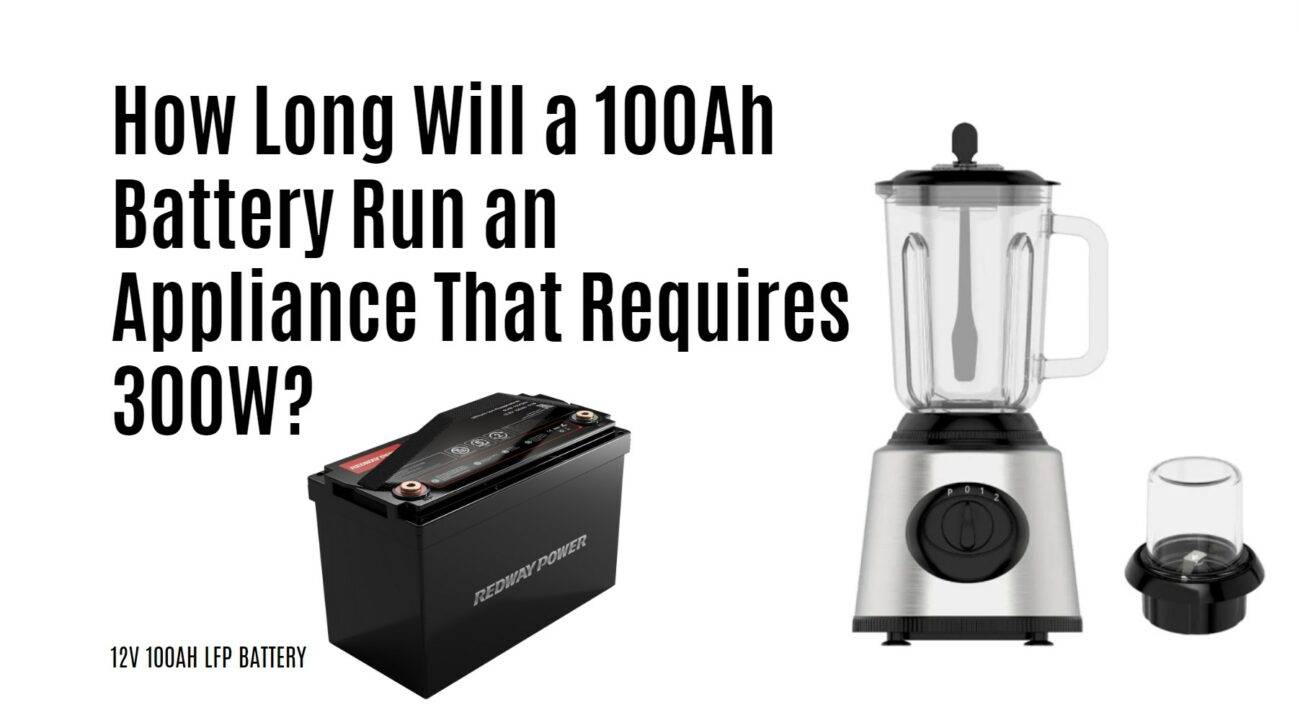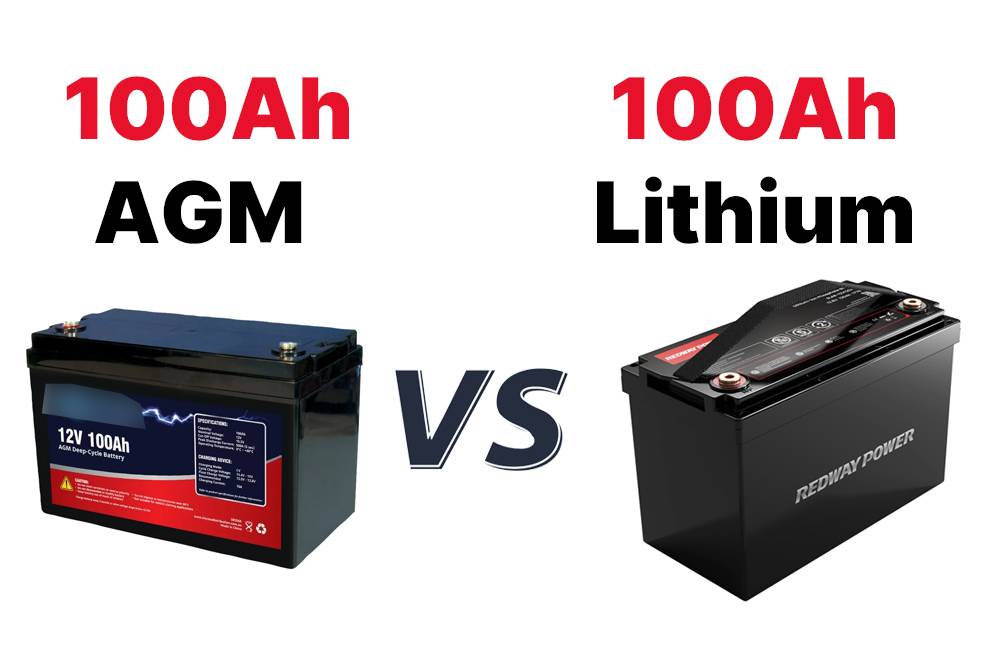- Lithium Golf Cart Battery
- Forklift Lithium Battery
-
48V
- 48V 210Ah
- 48V 300Ah
- 48V 420Ah (949 x 349 x 569 mm)
- 48V 420Ah (950 x 421 x 450 mm)
- 48V 456Ah
- 48V 460Ah (830 x 630 x 590 mm)
- 48V 460Ah (950 x 421 x 450 mm)
- 48V 460Ah (800 x 630 x 600 mm)
- 48V 460Ah (820 x 660 x 470 mm)
- 48V 500Ah
- 48V 560Ah (810 x 630 x 600 mm)
- 48V 560Ah (950 x 592 x 450 mm)
- 48V 600Ah
- 48V 630Ah
-
48V
- 12V Lithium Battery
12V 150Ah Lithium RV Battery
Bluetooth App | BCI Group 31
LiFePO4 Lithium
Discharge Temperature -20°C ~ 65°C
Fast Charger 14.6V 50A
Solar MPPT Charging - 24V Lithium Battery
- 36V Lithium Battery
- 48V Lithium Battery
-
48V LiFePO4 Battery
- 48V 50Ah
- 48V 50Ah (for Golf Carts)
- 48V 60Ah (8D)
- 48V 100Ah (8D)
- 48V 100Ah
- 48V 100Ah (Discharge 100A for Golf Carts)
- 48V 100Ah (Discharge 150A for Golf Carts)
- 48V 100Ah (Discharge 200A for Golf Carts)
- 48V 150Ah (for Golf Carts)
- 48V 160Ah (Discharge 100A for Golf Carts)
- 48V 160Ah (Discharge 160A for Golf Carts)
-
48V LiFePO4 Battery
- 60V Lithium Battery
-
60V LiFePO4 Battery
- 60V 20Ah
- 60V 30Ah
- 60V 50Ah
- 60V 50Ah (Small Size / Side Terminal)
- 60V 100Ah (for Electric Motocycle, Electric Scooter, LSV, AGV)
- 60V 100Ah (for Forklift, AGV, Electric Scooter, Sweeper)
- 60V 150Ah (E-Motocycle / E-Scooter / E-Tricycle / Tour LSV)
- 60V 200Ah (for Forklift, AGV, Electric Scooter, Sweeper)
-
60V LiFePO4 Battery
- 72V~96V Lithium Battery
- Rack-mounted Lithium Battery
- E-Bike Battery
- All-in-One Home-ESS
- Wall-mount Battery ESS
-
Home-ESS Lithium Battery PowerWall
- 24V 100Ah 2.4kWh PW24100-S PowerWall
- 48V 50Ah 2.4kWh PW4850-S PowerWall
- 48V 50Ah 2.56kWh PW5150-S PowerWall
- 48V 100Ah 5.12kWh PW51100-F PowerWall (IP65)
- 48V 100Ah 5.12kWh PW51100-S PowerWall
- 48V 100Ah 5.12kWh PW51100-H PowerWall
- 48V 200Ah 10kWh PW51200-H PowerWall
- 48V 300Ah 15kWh PW51300-H PowerWall
PowerWall 51.2V 100Ah LiFePO4 Lithium Battery
Highly popular in Asia and Eastern Europe.
CE Certification | Home-ESS -
Home-ESS Lithium Battery PowerWall
- Portable Power Stations
How long will a 100Ah battery run a fridge?

Are you planning an off-grid adventure, or perhaps experiencing a power outage and wondering how long your fridge will stay cold? Understanding the capacity of your battery is crucial for determining how long it can power essential appliances like a fridge. In this blog post, we’ll delve into the fascinating world of battery capacity and explore the factors that influence its lifespan when running a fridge. So grab a seat, charge up your curiosity, and let’s dive in!
Understanding the basics of battery capacity
Battery capacity refers to the amount of energy a battery can store and deliver. It is typically measured in ampere-hours (Ah). In simple terms, a 100Ah battery has the potential to provide one ampere of current for 100 hours or ten amperes for ten hours.
However, it’s important to note that this theoretical capacity is rarely achieved in practice. Various factors come into play that affect the actual runtime of a battery powering a fridge. These factors include temperature, load size, age and condition of the battery, as well as its chemistry.
Temperature has a significant impact on battery performance. Extreme hot or cold temperatures can reduce both the overall capacity and efficiency of your battery. So if you’re planning an adventure in freezing temperatures or scorching heatwaves, be mindful of how it may impact your fridge’s runtime.
The size and power requirements of your fridge also influence how long it will run on a 100Ah battery. Larger fridges with higher wattage compressors will draw more power and consequently deplete the battery faster compared to smaller fridges.
Age and condition are crucial indicators when determining how long your battery will last. Over time, batteries lose their ability to hold charges effectively due to internal chemical changes or physical wear and tear.
Different types of batteries have varying chemistries which affect their durability and discharge rates differently. For example, lithium-ion batteries tend to have higher energy densities than lead-acid batteries but come at a higher cost.
Understanding these basic concepts about battery capacity sets us up for calculating an estimated runtime for our fridge using a 100Ah battery! But before we jump into calculations, let’s explore some tips on maximizing our precious stored energy while keeping our food cool!
Factors that affect battery life for a fridge
Factors that Affect Battery Life for a Fridge
When it comes to running a fridge on battery power, there are several factors that can affect the overall battery life. Understanding these factors is crucial to ensure you have an accurate estimate of how long your 100Ah battery will run your fridge.
The size and efficiency of the refrigerator itself play a significant role in determining its power consumption. Larger fridges generally require more energy to maintain their cooling temperatures compared to smaller ones. Additionally, older or less energy-efficient models may draw more power and drain the battery faster.
The ambient temperature also plays a part in determining how long your battery will last. If you’re using the fridge in hot weather conditions, it will need to work harder to keep its contents cool. This increased workload translates into higher power consumption, thereby reducing the overall runtime of your battery.
Another factor to consider is how frequently you open and close the fridge door. Every time you open it, warm air enters while cold air escapes, causing the compressor to work harder and consume more energy. Minimizing unnecessary opening and closing can help extend your batter’s lifespan.
Additionally, insulation plays a crucial role in maintaining cooler temperatures inside the refrigerator. If your fridge lacks proper insulation or has damaged seals around its doors, it will struggle to retain cold air efficiently. Consequently, this leads to increased energy usage as it works harder than necessary.
It’s important not to overlook any other appliances or devices connected simultaneously with the fridge on the same battery system. The combined power requirements of multiple devices can significantly impact how long your 100Ah battery lasts when powering just a single appliance like a fridge.
By considering all these factors – refrigerator size and efficiency, ambient temperature conditions, frequency of door openings,critically-insufficient insulation,and additional device connections -you’ll be better equipped at estimating how long exactly your 100Ah battery will run a specific fridge model under different circumstances.
Calculating the estimated runtime for a 100Ah battery
Calculating the estimated runtime for a 100Ah battery can help you plan your power needs when using a fridge off-grid or during a power outage. To determine how long the battery will last, you need to consider several factors.
You’ll need to know the power consumption of your fridge in watts. This information is usually available in the appliance’s manual or on its label. Once you have this figure, divide it by 12 (the voltage of most batteries) to get the amperage drawn by your fridge.
Next, take into account that a 100Ah battery has a usable capacity of around 50-70% due to efficiency losses and recommended depth-of-discharge limits. So if we assume an average of 60%, that means our effective capacity is now 60Ah.
To calculate runtime, divide the effective capacity (in Ah) by the amp draw of your fridge (in A). For example, let’s say your fridge draws an average of 3A per hour:
Runtime = Effective Capacity / Amp Draw
Runtime = 60Ah / 3A
Runtime ≈20 hours
Keep in mind that this calculation is approximate and may vary depending on other factors like ambient temperature and usage patterns. It’s always better to have some buffer time when planning with batteries!
Remember also that overusing lead-acid batteries can shorten their lifespan significantly. Consider investing in alternative energy storage options like lithium-ion batteries or solar-powered refrigerators for longer-lasting performance!
Tips for maximizing battery life
Tips for Maximizing Battery Life
To ensure that your 100Ah battery runs your fridge efficiently and lasts as long as possible, there are a few tips you can follow.
Consider the temperature settings of your fridge. Lower temperatures require more energy to maintain, so setting it at the optimal temperature for your needs can help conserve battery power. Additionally, minimizing the number of times you open the fridge door will also reduce energy consumption.
Another useful tip is to keep your battery clean and well-maintained. Regularly check the connections and terminals to ensure they are free from corrosion or dirt buildup that could hinder performance. It’s also important to store your battery in a cool and dry place when not in use.
Using an insulated cover for your fridge can go a long way in maximizing battery life too. This helps retain cold air inside the fridge even when it’s not running, reducing the frequency with which it needs to cycle on and off.
Consider investing in energy-efficient appliances designed specifically for off-grid living or camping purposes. These fridges are designed with lower power consumption in mind, helping stretch out the runtime of your 100Ah battery.
If you have access to solar panels or other renewable energy sources, utilizing them alongside your battery can greatly extend its lifespan by constantly replenishing its charge.
By implementing these simple tips, you’ll be able to make the most out of every amp-hour provided by your 100Ah battery while keeping food fresh during those outdoor adventures!
Alternatives to traditional batteries for powering a fridge
As technology continues to advance, there are now alternatives to traditional batteries for powering a fridge that can offer even more convenience and sustainability. These alternatives provide innovative solutions for those seeking an eco-friendly and efficient way to keep their food cool while on the go.
One such alternative is solar power. Solar panels have become increasingly popular in recent years due to their ability to harness the energy of the sun and convert it into usable electricity. By installing solar panels on your vehicle or camper, you can generate clean and renewable energy that can be used to power your fridge without relying on traditional batteries.
Another option is portable power stations. These compact devices come equipped with lithium-ion batteries and built-in inverters, allowing them to store large amounts of electrical energy. They can be charged via various sources such as solar panels, AC outlets, or even car chargers. With their high capacity and versatility, portable power stations are an excellent choice for running a fridge efficiently.
Propane-powered fridges offer another alternative worth considering. Propane has long been used as a fuel source for camping stoves and heaters due to its portability and efficiency. Propane fridges use this same principle by using propane gas as their primary source of fuel instead of electricity. This makes them ideal for off-grid adventures where access to electricity may be limited.
In conclusion (without using “In conclusion”), when it comes to powering a fridge on the go or during outdoor adventures, understanding battery capacity is vital in determining how long your 100Ah battery will run your fridge efficiently. Factors like temperature settings, insulation quality, compressor efficiency, and usage patterns all play significant roles in battery life.
To maximize battery life:
– Optimize temperature settings
– Ensure proper insulation
– Use a highly efficient compressor
– Minimize door openings
However, if you’re looking for greener options or alternatives beyond traditional batteries altogether:
– Explore solar power options with portable panels
– Consider portable power stations for their versatility and high capacity
– Look into propane

























